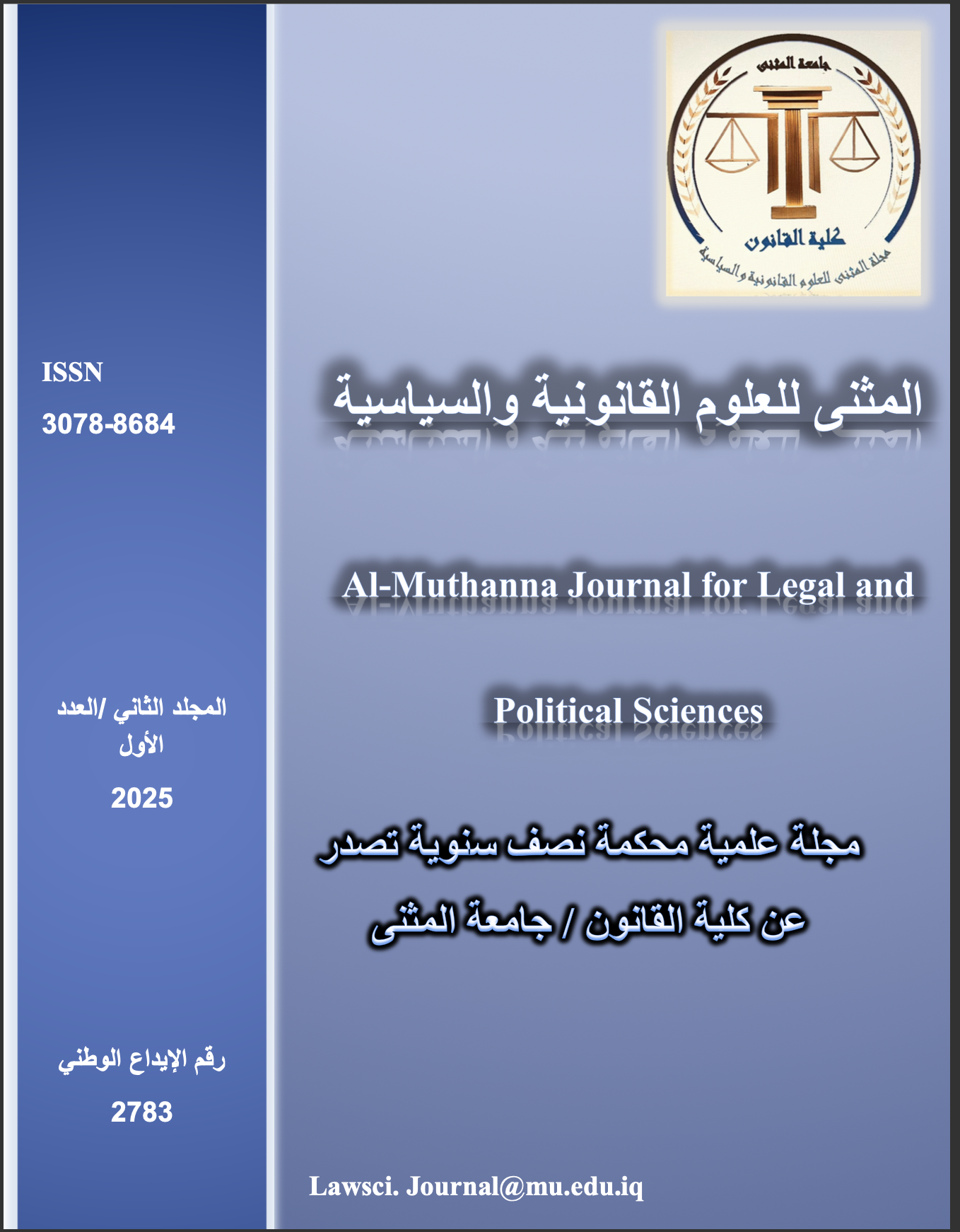The Other in contemporary Shiite syncretism
DOI:
https://doi.org/10.52113/08-826Keywords:
: other , Compromise, Twelver , ContemporaryAbstract
Other" regarding democracy and citizenship by reconciling traditional texts with modern realities through rational interpretation. It posits that democracy aligns with Sharia, promoting justice and consultation (shura) while acknowledging political and sectarian diversity. Advocates support a nation-state ensuring equal rights and cultural respect. Proponents argue traditional Shiite political jurisprudence can adapt to modern religious diversity. The movement fosters rational discourse with Islamic sects, emphasizing unity over takfir and offering non-sectarian solutions to historical conflicts. It reinterprets texts related to the People of the Book, promoting coexistence and community partnership. New interpretations of Quranic verses highlight pluralism and justice. Instead of opposing the West, this current embraces a critical approach, valuing Western achievements (democracy, human rights, political participation) while preserving religious identity, and promotes civilizational dialogue by differentiating cultural from political views of the West. In conclusion, the Shiite conciliatory current offers a flexible, rational perspective on the Other, integrating religious constants with coexistence in a pluralistic world, supporting an intellectual reformist project that transcends sectarian insularity and champions humanity, justice, and dignity within a participatory framework.
Downloads
Published
Issue
Section
License
Copyright (c) 2025 أ.م.د أحمد عدنان عزيز ، ثائر هادي مرهج (مؤلف)

This work is licensed under a Creative Commons Attribution 4.0 International License.



